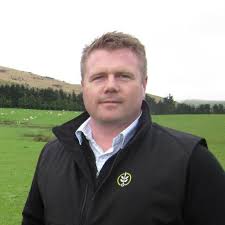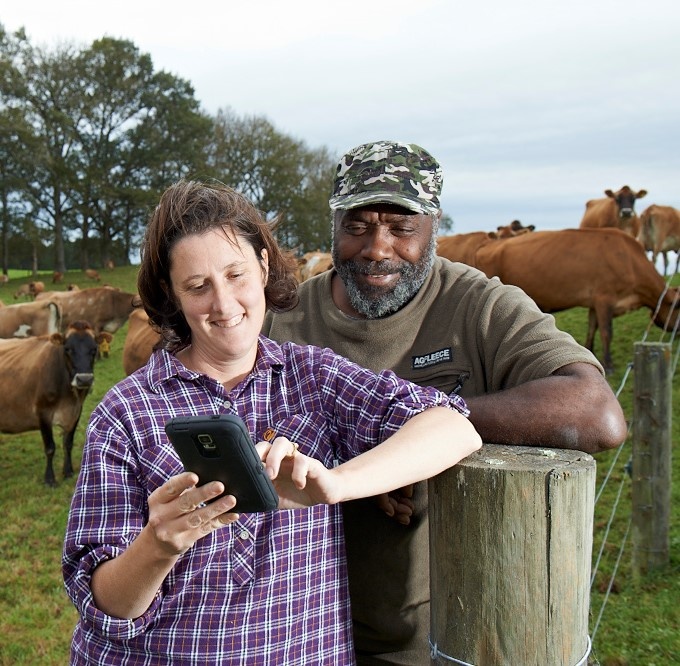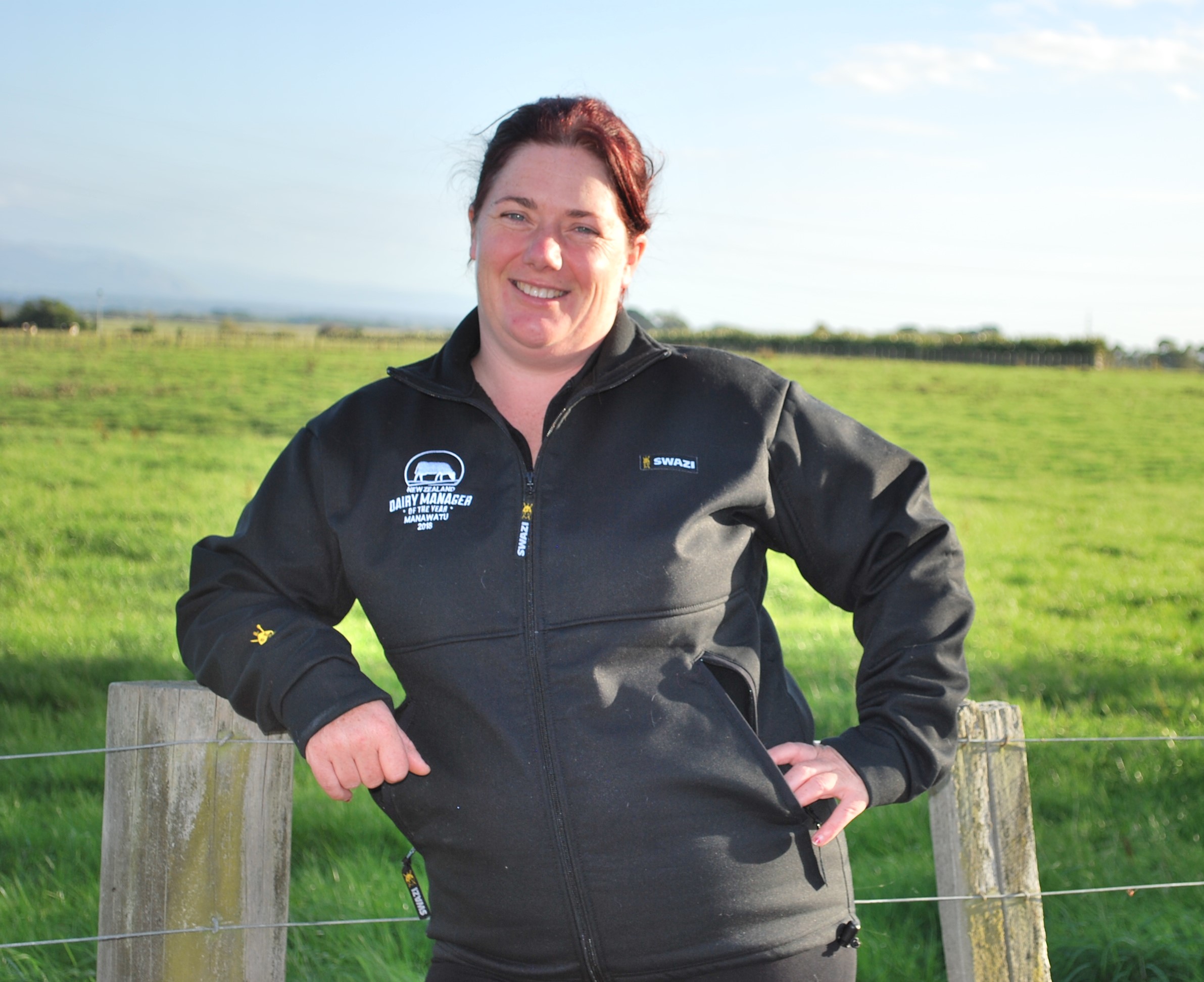

Good farm records have helped to relieve some of the impact for a South Island farming business managing its way through a Mycoplasma Bovis infection. Boyd Macdonald, GM of Lone Star talks about the journey they have faced since their M.bovis diagnosis.
The Ministry for Primary Industries (MPI) placed a Restricted Place Notice on two properties owned by Lone Star Farms in mid January because they had infected calves.“We brought in about 400 calves for rearing and 200 of them came from a Southland property that was later found to have M. Bovis,” explains Lone Star General Manager Boyd Macdonald.
“So we know exactly how it’s got here.” Lone Star was one of the first non-dairying businesses to be identified with the disease.
The calves were reared on one block of Caberfeidh, Lone Star’s 5300ha farm in the Hakataramea Valley, and then just a week before the disease discovery half of them were sent to another farm, 1,950 ha The Wandle in Middlemarch. Both are large farms involved in trading, and they winter about 55,000 stock units between them.
Helpfully, Lone Star is able to show exactly where the calves have been at any time as both farms have been recording all stock movements for about 18 months, using the FarmIQ software. “Staff record any movement using the FarmIQ app on their phone,” Boyd explains. "Tim in our office was able to take the records and produce a report, with help from the FarmIQ Support desk. It meant we could prove where the calves have been and what animals have been in close proximity.”
This has been very helpful for Lone Star in two respects – it helped with explaining the situation to near neighbours and has also resulted in reduction of the area placed under restrictions.
Informing neighbours
“Since finding out we have invited all the immediate neighbours of each farm in for a meeting and we were able to show them exactly where the calves had been using a map in FarmIQ,” Boyd says. “That was very useful. They got an understanding that we had a good handle on where the stock had been and that we can contain and isolate it within our own farm.”
“We know 100 percent where the calves have been and what other stock had been around them,” agrees Caberfeidh farm manager Matt Smith. “How many farmers can say that? The FarmIQ records could tell us and then it is possible to see what risks are associated with them.”
Reduction in the restricted area
The MPI case manager and a vet checked the Lone Star stock records in FarmIQ and as a result in mid February they allowed the area on Caberfeidh that is covered by the notice to be reduced to a third of the farm.
This has had a big effect in lessening the time and mental stress being experienced by the farm staff, says Matt. “The restricted place notice means we have to have a permit to do many things and wash anything that goes in or out of the area. You have to be vigilant. You have to think through the impact of everything you do.”
Boyd says having good information in a biosecurity situation was an unexpected benefit of using the FarmIQ software for farm recording. Four of the Lone Star farms have been using the FarmIQ software since late 2015. “We started using it to get better insight into paddock and stock performance. This is another benefit that we hadn’t seen at the start. Although, being able to get this info out and produce these reports needs to be made much easier and even automated by FarmIQ in the future.
“This whole thing has been a wake-up all for all of us about managing biosecurity. A program like FarmIQ has got a role to play. Using the FarmIQ software will be a large part of Lone Star’s biosecurity programme going forward.”
In the meantime, the calves remain in place, as MPI continues the huge job of finding and dealing with the disease.
FarmIQ helps manage large properties
And Matt is thinking about how to take their use of the FarmIQ software further in future. “With FarmIQ we have access to a GPS map on our phone which is really good when you have a large property with around 500 paddocks. Being able to quickly look up a paddock history and keep mob tallies is really good too. It means I am not chasing guys up for the tallies that I need for reporting – it’s all just there.
“Now I am planning to start looking more into recording chemical use and animal health, and we will use FarmIQ to take the next step in our environment planning. With FarmIQ your environment plan is a live document that you can adjust as you go and I think that will get more buy-in from myself and the staff.”
Note – While not mentioned in this piece, the FarmIQ software can also make it easier to update the National Animal Identification and Tracking (NAIT) system, by giving you the option of automatic notification whenever you record a stock transfer.
Want to find out more about farm software that gives you good farm records for a range of uses?


